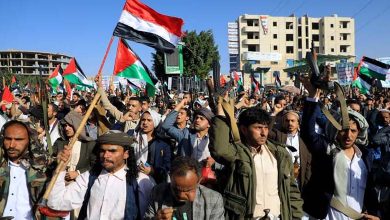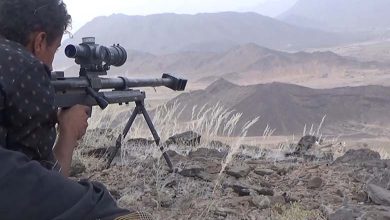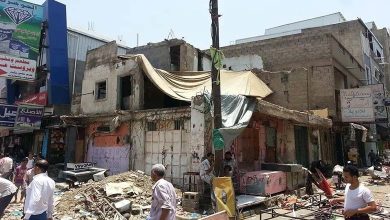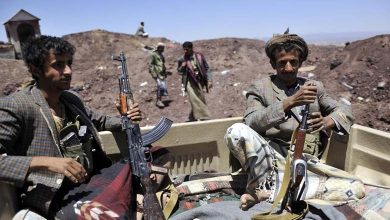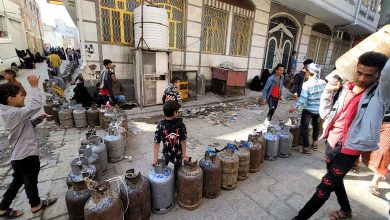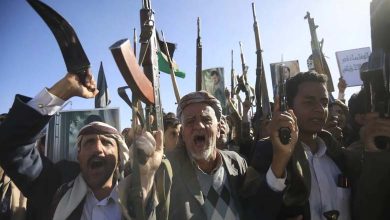Al-Qaeda Prepares to Reorganize in Yemen and Revive Its Operations
The new leader of al-Qaeda in the Arabian Peninsula is set to work on resolving internal disputes inherited from his predecessor and strengthening communication with its tribal base in Shabwah
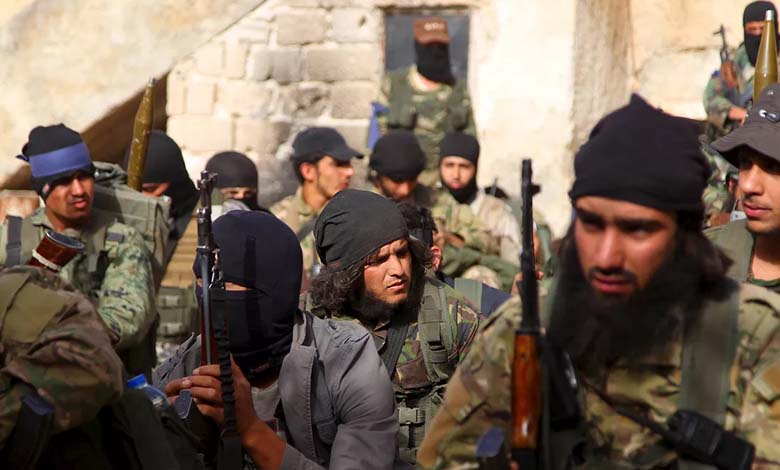
The death of al-Qaeda leader in the Arabian Peninsula, Khalid Batarfi, and the appointment of Saad al-Awlaqi as his successor, shed light on the organization’s activity, which has seen significant setbacks in recent years due to internal disputes. Analysts expect al-Awlaqi to reorganize the group and revive its operations in Yemen.
The organization announced Batarfi’s death on Sunday without providing reasons, according to a statement from the SITE center, which monitors jihadist media. However, tribal and local sources connected to the organization indicated that Batarfi had died from a malignant illness he had been suffering from for a long time, worsened after the death of the doctor who had been supervising his treatment, known as Abu Abdullah al-Suri, also known as the “Al-Qaeda doctor.”
The appointment of al-Awlaqi, in his forties, as the current leader represents an attempt to revive the organization and reestablish its ranks, which were disrupted during his predecessor’s tenure.
Researcher on jihadist groups, Aasim al-Sabri, suggests that al-Awlaqi‘s ascension to leadership of al-Qaeda in Yemen will be “a significant revitalization for the organization, which has been suffering from a financial crisis and internal disagreements, especially during the reign of Khalid Batarfi.”
Al-Qaeda in the Arabian Peninsula was founded in 2009 by Osama bin Laden, by merging Saudi and Yemeni factions of the organization. It emerged during the chaos of the Yemeni civil war, at a time when Iranian-backed Houthi rebels were fighting against the Saudi-led military coalition since 2015.
This organization claimed responsibility for the deadly attack on the Charlie Hebdo magazine in Paris in 2015, which resulted in the deaths of 12 people.
Thus, al-Qaeda in the Arabian Peninsula is considered one of the most important and dangerous branches of the organization, but its activity has significantly declined with Batarfi taking over leadership from Qasim al-Raymi, who was killed by a US strike in February 2020, dealing a severe blow to the organization.
Al-Awlaqi, recently appointed and hailing from the Al-Awlaq tribe in Shabwa province, is one of the prominent field commanders and active figures in the organization. He is also a member of the organization’s Shura Council and on the list of the U.S. “Rewards for Justice” program.
Washington has offered a reward of up to $6 million for information about him. The U.S. State Department says al-Awlaqi “publicly called for attacks on the United States and its allies.”
Al-Sabri points out that al-Awlaqi, who is the most prominent target for the U.S. military, will work to resolve all these crises and end the organization’s disputes with Yemeni tribes.
Regarding the organization’s external operations, al-Sabri says that “al-Qaeda is experiencing internal crises, which hinder the execution of any external operations. However, it is not ruled out that the organization will attempt to carry out operations in the West.”
Tribal and local sources affirm that al-Awlaqi, appointed on the will of Batarfi, enjoys the support of most of the organization’s leaders and members, and there is great optimism about his ability to bring the organization back to prominence after nearly two years of decline.
A tribal source indicates that “al-Awlaqi may use his connections in the current stage to regain the tribal support base for the organization, especially in Shabwah, which was a prominent stronghold and launching pad for the organization’s operations, and to rebuild its strongholds destroyed by government forces in Shabwa and Abyan.”
Two Yemeni government forces were killed Sunday in an attack in the south of the country attributed to al-Qaeda in the Arabian Peninsula, according to a security source, in the organization’s first attack following al-Awlaqi’s appointment.
Fellow at the Middle East Forum, Ayman Jawad Al-Tamimi, notes that “in the propaganda of al-Qaeda in the Arabian Peninsula, most of the talk about operations these days revolves around fighting Yemeni groups supported by the UAE.” Forces of the Southern Transitional Council have been fighting al-Qaeda for years and have largely succeeded, with the support of the UAE, in curbing its strength and limiting its terrorist operations in more than one area.


